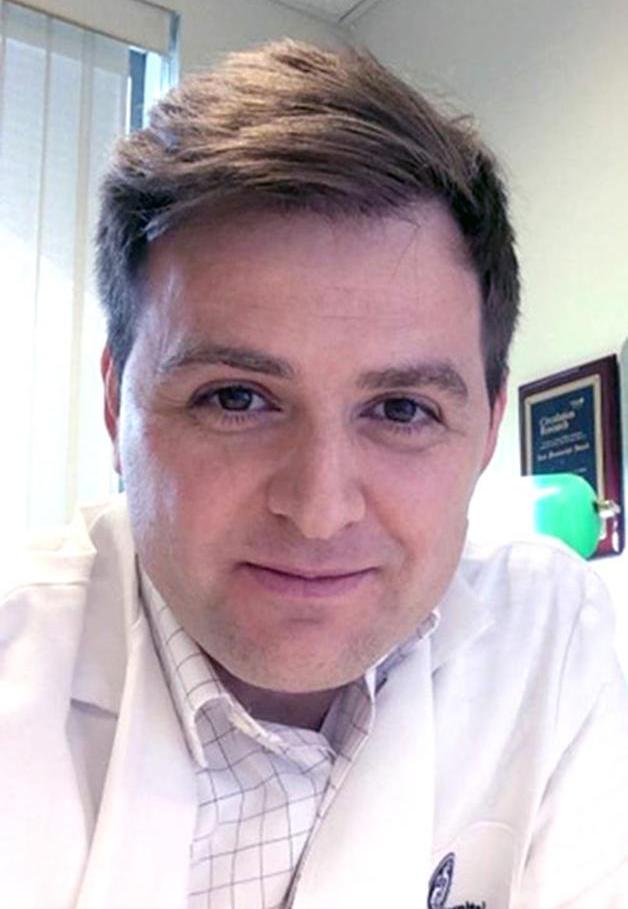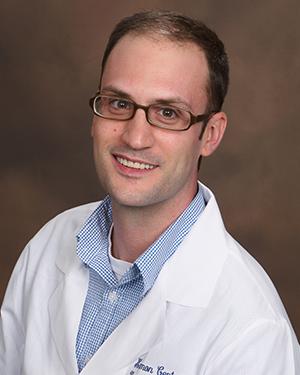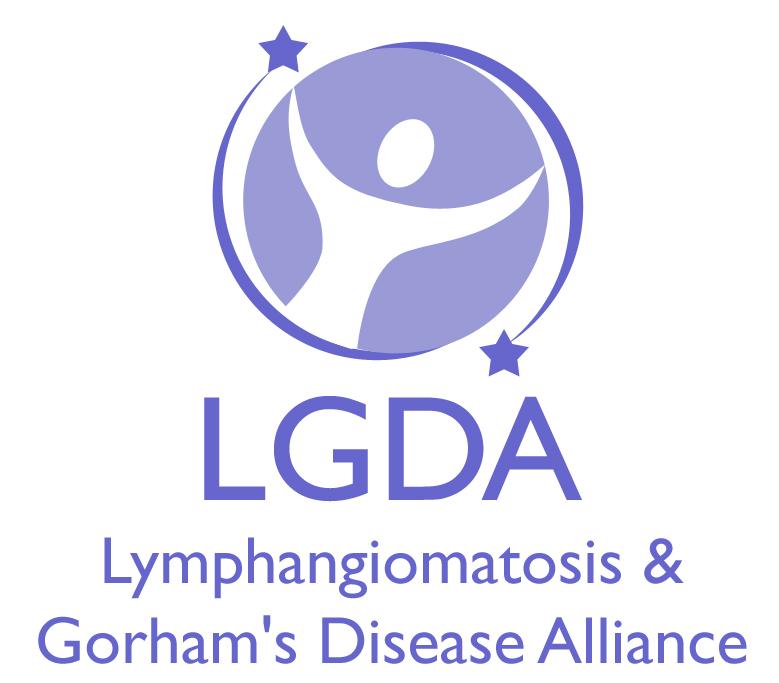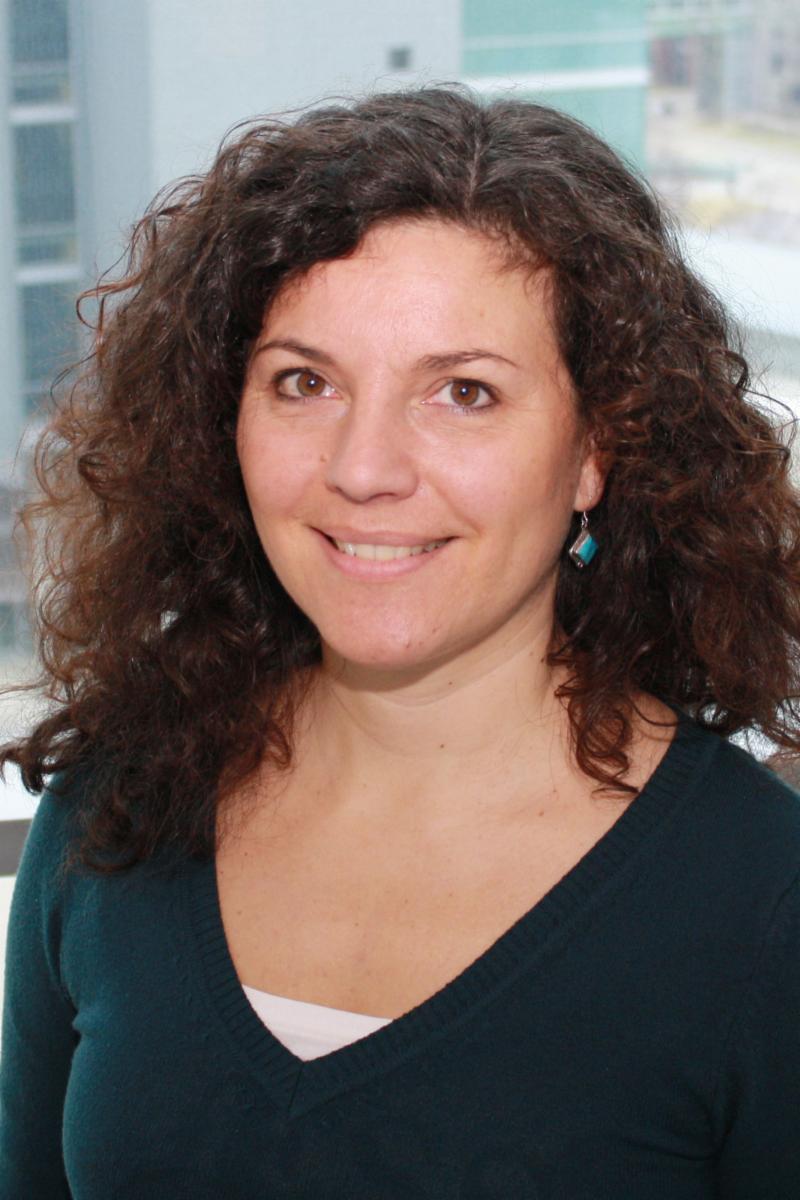20th IVBM
Helsinki, Finland
June 3-7, 2018
Accepting late-breaking abstracts through May 7!
Vasculata 2018
St. Louis, MO
July 23 - 26, 2018
Vascular Biology
Newport, RI
October 14-18, 2018
|
Career Center
Job seekers - visit our career center, upload your CV, get email alerts when jobs are posted
Employers - post your job on the job board. NAVBO members get a $150 discount!
http://www.navbo.org/jobs
|

Shop at Amazon?
Help Support NAVBO
|
|
 |
|
Today's Webinar

Chris Hughes of the University of California, Irvine, will present a webinar entitled,
A Perfused Blood-Brain Barrier on a Chip.
Participation is limited to 100 attendees, register now so that you can participate in the live presentation.
June 14 Webinar with Juan Melero-Martin

Join us on June 14 at 1:00pm EDT for Dr. Melero-Martin's presentation,
"Engraftment of Bioengineered Vascular Networks." Dr. Melero-Martin is an Associate Professor at Boston Children's Hospital.
To register for the webinar please go to
http://www.navbo.org/events/webinars/711-webinar062018
August 2 Webinar with Michael Dellinger

Our webinar attendees requested a webinar on Lymphatics, so please join us on August 2 at 1:00pm EDT for Dr. Dellinger's presentation,
"Lymphatic Vessels and Vanishing Bones: Animal Models of Lymphatic Anomalies with Bone Involvement." Dr. Dellinger is an Assistant Professor at UT Southwestern Medical Center.
The webinar is sponsored by the Lymphatic Malformation Institute and the Lymphangomatosis & Gorham's Disease Alliance.

To register for the webinar please go to
http://www.navbo.org/events/webinars/718-webinar082018
Please note: we will not be holding a July webinar
|
|
IVBM Late-Breaking Abstracts Due May 7!
|
Submit an Abstract to the IVBM
 |
|
 |
June 3-7
|
|
|
Register for Vasculata and Vascular Biology
|
Register for Vascular Biology and Vasculata
Registration is now open for our annual meeting,
Vascular Biology (October 14-18 in Newport, RI). Go to
www.navbo.org/vb2018
You can also register now for
Vasculata 2018 (July 23-26, St. Louis, MO). Go to
www.navbo.org/vasculata.
Remember workshops fill up quickly, so register soon!
Scholarship applications are due May 15!
You can also
submit an abstract for either meeting. Go to the appropriate meeting web site.
|
|
ENIGMA Young Investigator Prize
|
The "Verein für wissenschaftliche Fachtagungen in der Biomedizin" (VWFB) wants to encourage young scientists to develop bold ideas and hypotheses in emerging fields of contemporary life science research and to discuss such ideas with a small and
dedicated group of scientists.Therefore, the (VWFB) has announced the 15.000€ ENIGMA Young Investigator Prize (ENIGMA YIP) to enable a junior scientist to host a small, closed and informal think-tank meeting on a topic of his/her choice.
Details of the prize are outlined in this pdf and on VWFB's website (
www.vwfb.de).
The deadline for submission of applications is June 20, 2018.
Please alert your colleagues and your most promising junior scientists of this unique opportunity.
|
In addition, NAVBO Travel Awards are available for the following meetings:
|
|
Vascular Calcification - Call for Papers
|
NAVBO Research Topic on Vascular
 Calcification
Calcification
NAVBO has joined with Frontiers, publishers of
Frontiers In Cardiovascular Medicine,and co-editors
Dwight Towler, UT Southwestern Medical Center and
Yabing Chen, University of Alabama, to assemble a collection of papers in the research topic of Vascular Calcification.
|
Applications solicited for Science and SciLifeLab's Prize for Young Scientists
For the sixth year, Science/AAAS and SciLifeLab, a coordinated effort of four universities, have joined forces to recognize outstanding recent doctoral graduates in the life sciences (Ph.D. awarded between January 1, 2016, and December 31, 2017). This award, intended to provide encouragement to young scientists beginning their scientific careers, includes a grand prize of $30,000, as well as $10,000 to winners in each of three other subject categories (Cell and Molecular Biology; Genomics and Proteomics; Ecology and Environment; Translational Medicine). Applications are due July 15, 2018. Winners will have their essays prominently published and will be honored in Stockholm, Sweden, in December of this year.
|
The Lab of Dr. Elisa Boscolo
|
It's time to fill the empty spaces ... in the laboratory and in your personal life!

... and all of a sudden ... POOF! You jumped to the other side!
You have dreamed about it all of your life (or most of it) and you just cannot believe it has really happened. While you are pinching yourself to be sure it's not a dream, your eyes open wide and what do you see? An empty office and an empty laboratory (Well, I wouldn't even call it a laboratory as it's just four walls and a stack of empty shelves!). Now you really miss your old lab mates and your previous mentor.
My name is Elisa Boscolo. I did my postdoctoral training at Boston Children's Hospital and have been an Assistant Professor at the Cincinnati Children's Hospital since 2014. Back then it surely was frustrating to start from scratch in a new institution and in a different city.
My first suggestion is to not rush in hiring personnel to staff your lab. Choose carefully and make sure they can stay in your lab for a few years, guaranteeing continuity after the initial period. For a faster take-off, start looking for personnel before your actual move; you can contact HR at your new institution and ask them to help opening positions for your lab. Set up Skype interviews and talk to the candidate multiple times to get to know them as much as you can. Make sure to call their previous mentors and ask a lot of questions - do not rely solely on formal letters of recommendations.
Managing people is challenging - little did I know about how hard this is, as I had a wonderful relationship with my former mentor. My advice is to make your expectations clear, write them down and use that list to make sure they are respected. Also, my mistake was to think that every post-doc has the same ambitions and passion for research that I do. Make sure to communicate with your team as much as you can to understand how facilitating their success can fulfill their own life goals and ambitions.
In this empty laboratory, you may suddenly feel lonely, as you will spend most of your time enclosed in your office writing grants, IACUC and IRB protocols, etc. My second advice is to make sure you connect with the other junior faculty at your institutions and try to set up regular meetings with them. Discuss grant opportunities, new data and mentoring issues. Help each other with grant writing and collaborations. And don't forget that from time to time, you'll want to have a friend to get a coffee together.
To ensure funding it is crucial to show productivity early on after you set up your lab. What I regret not doing is using the early slow times (slow production of data!) to think of a short-term project that could generate a manuscript in a two-year time frame, aimed at a decent impact factor journal, but not necessarily very high to avoid being trapped in endless cycles of resubmissions.
My last suggestion, as a woman scientist, is to not neglect your personal life because of the academic pressure. I somewhat put my personal life on hold until I became a junior faculty member and waited until then to start a family. Some days it's just you and your beloved iMac, so when you finally close the office door, it's a joy to know you will reunite with your family at home. I often wondered if it's possible to have a career and children. Now that I have a young daughter, I feel more productive during my time at work. When I feel frustrated after a grant or manuscript rejection, instead of healing my suffering with Italian wine, my daughter smiles, makes me forget these disappointments, and re-charges my mind for the next challenge.
Always do your best work and learn to be patient; there will be times when productivity is slower than you wish. Make the best out of this time! In a few years you will see that your lab has no empty spaces left and has already produced phenomenal data - hopefully you have already published some of them!
See other Lessons Learned at http://www.navbo.org/resources/lessons-learned.
If you would like to share your lessons learned as you moved into your role as an independent investigator, send your submission to
[email protected]
.
|
Welcome to our New Members:
Pompom Ghosh, Cleveland Clinic
Eunson Jung, University of Southern California
Huan Liu, Cleveland Clinic Lerner Research Institute
|
|
Recent Publications by NAVBO Members
|
| Massive aggrecan and versican accumulation in thoracic aortic aneurysm and dissection
Journal of Clinical Investigation Insight
Proteoglycan accumulation is a hallmark of medial degeneration in thoracic aortic aneurysm and dissection (TAAD). Read more SETD7 Drives Cardiac Lineage Commitment through Stage-Specific Transcriptional Activation
Cell Stem Cell
Cardiac development requires coordinated and large-scale rearrangements of the epigenome. The roles and precise mechanisms through which specific epigenetic modifying enzymes control cardiac lineage specification, however, remain unclear. Read more Autologous iPSC-Based Vaccines Elicit Anti-tumor Responses In Vivo
Cell Stem Cell
Cancer cells and embryonic tissues share a number of cellular and molecular properties, suggesting that induced pluripotent stem cells (iPSCs) may be harnessed to elicit anti-tumor responses in cancer vaccines. Read more Thalidomide Reduces Hemorrhage of Brain Arteriovenous Malformations in a Mouse Model
Stroke
BACKGROUND AND PURPOSE: Brain arteriovenous malformation (bAVM) is an important risk factor for intracranial hemorrhage. Read more Matrix stiffness controls lymphatic vessel formation through regulation of a GATA2-dependent transcriptional program
Nature Communications
Tissue and vessel wall stiffening alters endothelial cell properties and contributes to vascular dysfunction. Read more A Glial Signature and Wnt7 Signaling Regulate Glioma-Vascular Interactions and Tumor Microenvironment
Cancer Cell
Gliomas comprise heterogeneous malignant glial and stromal cells. While blood vessel co-option is a potential mechanism to escape anti-angiogenic therapy, the relevance of glial phenotype in this process is unclear. Read more Dimerization of sortilin regulates its trafficking to extracellular vesicles
Journal of Biological Chemistry
Extracellular vesicles (EVs) play a critical role in intercellular communication by transferring microRNAs, lipids and proteins to neighboring cells. Read more |
Occurrence of vector-borne diseases jumps over last decade
Researchers at the Centers for Disease Control and Prevention report that the number of
vector-borne illnesses in the U.S. tripled
to nearly 650,000 cases over the period from 2004 to 2016. Cases of tick-borne disease led the way, more than doubling to account for more than three-quarters of all vector-borne disease. Lyme disease represented the vast majority of tick-borne diseases during this interval. The Lyme disease burden is 300,000, a number 10 times higher than what is nationally reported. In rare cases, infection of the heart by the Lyme pathogen Borrelia burgdorferi can cause Lyme carditis, associated with arrhythmias and sudden cardiac death. Warmer weather is coming - check for ticks after time outdoors!
Single-cell RNA sequencing in breast cancer-associated endothelial cells
Oncotarget
Investigators at UC-San Francisco, UC-Irvine and National Cheng Kung University in Taiwan have characterized global gene expression profiles of tumor-associated endothelial cells isolated from human breast cancerous tissues compared with those in normal breast tissue, using single cell RNA sequencing. More than 1300 genes were differentially expressed between these two EC phenotypes. Bioinformatic analysis separated the cancerous versus control ECs into two distinctive clusters, and disease biomarker analysis indicated that these differentially expressed genes are highly correlated with breast neoplasm diseases. Enrichment analysis software associated these genes with extracellular matrix signaling pathways. The authors conclude that ECM-associated genes play pivotal roles in breast cancer EC biology, some potentially serving as tumor-associated endothelial cell biomarkers for distinct cancers.
Hippo Signaling in Cardiac Fibroblast Development
Developmental Cell
During development, the cardiac epicardium contains progenitors of non-cardiomyocytes that are essential for eventual cardiac function. Hippo, a kinase-dependent pathway that inhibits Yap-mediated transcription, is a regulator of organ size in developing hearts. Epicardial-specific deletion of the Hippo kinases Lats1/2 was lethal in embryos, associated with defective coronary vasculature remodeling. Lats1/2 mutant cells were arrested in their developmental trajectory, with epicardial markers persisting and expanded expression of Yap transcriptional targets.
|
|
|